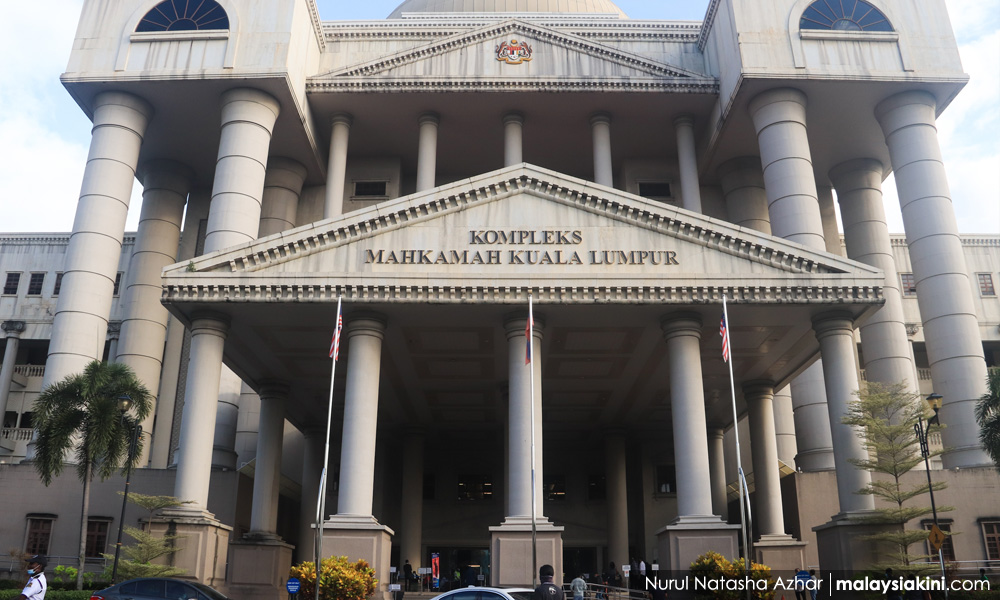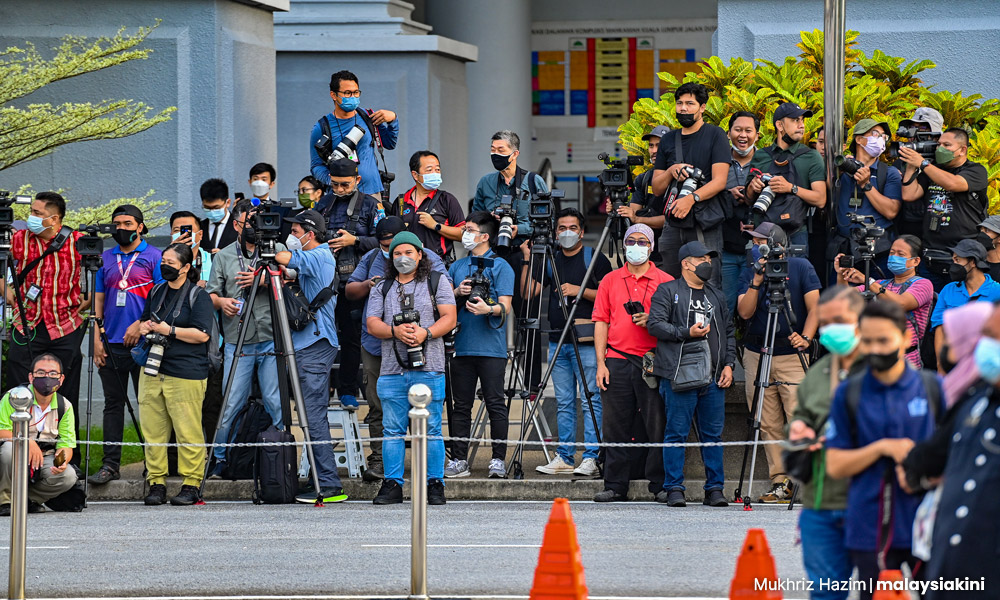The law treats publishers and newspapers as liable in defamation suits for carrying defamatory statements, whether in the form of the writings of a columnist, or even a statement made by a politician in an interview.
The law imposes liability because the publisher maintains editorial authority. In traditional media, nothing is published without the editor’s approval.
However, the converse is true in respect of social media group administrators, such as Facebook or Whatsapp groups. Posts are made within the group, typically without the admin’s prior review.
The admin thereafter has the power to delete the post. Can admins be liable for defamatory posts made by others within the group?
The issue stems from Section 114A of the Evidence Act, 1950, which provides that a person whose name:
“… appears on any publication depicting himself as the … administrator … or who in any manner facilitates to publish or re-publish the publication is presumed to have published or re-published the contents of the publication unless the contrary is proved.”
While entities which provide hosting services have been found liable for third-party comments pursuant to Section 114A (for example in the Malaysiakini case of Peguam Negara Malaysia v Mkini Dotcom Sdn Bhd [2021] 2 MLJ 652, involving comments by subscribers which were found to amount to contempt of court), group admins are not hosts of the internet platform within which the comments were posted and reside.
From my research, the only reported Malaysian case that has dealt with this issue is the High Court judgment of judge Darryl Goon in GS Realty Sdn Bhd v Lee Kong Seng [2018] MLJU 1902. There, a Facebook user was found liable for defamatory comments made by third parties on his Facebook profile page (as opposed to group).

In that case, the High Court adopted the New Zealand Court of Appeal’s approach in Murray v Wishart [2014] 3 NZLR 722, which applied an “actual knowledge” test: where a host or admin knows of the defamatory comment and fails to remove it within a reasonable time, they are treated as a publisher of that comment.
It should be noted that the New Zealand Court of Appeal rejected the alternative “ought to know” test, which prescribed liability where the host or admin did not in fact know of the defamatory comment, but ought to know that postings were being made which were likely to be defamatory.
The Court of Appeal expressed concerns over the test, as it placed an undue burden inconsistent with the rights to freedom of speech enshrined in Section 14 of the New Zealand Bill of Rights, and was uncertain in its application.
Correctly adopting the “actual knowledge” test by reference to Murray v Wishart, Goon in GS Realty found that the defendant was well aware of third-party statements on his Facebook page, as they were comments on his own posting made by persons known to him, and he did not remove them. He was therefore held to be a “publisher”.
‘Actual knowledge’ test
Adopting the “actual knowledge” test, an admin of a Whatsapp or Facebook group would only be found liable as a publisher of a defamatory post if it is shown that they were aware of it, and did not remove the post within a reasonable time.
However, while Section 114A of the Evidence Act was raised by the plaintiff in GS Realty, its interplay with the “actual knowledge” test was not considered in depth by the court.
On a superficial, simplistic reading, Section 114A presumes that admins are publishers (and therefore liable). This places the burden on the admin to prove otherwise, by establishing that they had no “actual knowledge” and therefore not a publisher so as to be liable.
However, imposing that burden on a defendant admin would amount to applying the “ought to know” test. As observed by the court in Murray v Wishart, the “ought to know” test was unduly prejudicial to the right to freedom of expression:
“The third concern arises from Section 14 of the New Zealand Bill of Rights Act 1990 (Bill of Rights). Defining the boundaries in this area of the law must be done with proper regard to the need to balance the right of freedom of expression affirmed in Section 14 against the interests of a person whose reputation is damaged by another. In our view, the imposition of the ought to know test in relation to a Facebook page host gives undue preference to the latter over the former.”

In Malaysia, Section 114A of the Evidence Act must be construed in light of the constitutional right to freedom of speech guaranteed as a fundamental right under Article 10(1)(a) of the Federal Constitution.
The existence of social media communities plays an important role in our democratic society, as they facilitate the galvanisation of movements, thoughts, and encourage discussion.
Anyone following Malaysian politics in the past five years will realise that they have supplanted traditional media, particularly newspapers and television, in terms of reach and importance to younger voter demographics.
The admins who moderate such groups are critical to their existence. Most derive no personal benefit. Rather than the large social media companies that stand to profit from online activities, litigants tend to target the low-hanging fruit of individual admins.
Imposing a burden on an admin to prove that they had no actual knowledge under Section 114A may therefore be inconsistent with the constitution.
At the very least, it is oppressive because it requires the admin to prove they did not have knowledge as opposed to the traditional legal burden of requiring complainants to establish that the admin did have knowledge of the post, but failed to remove it within a reasonable time thereafter.
A possible harmonious balance may be reached by a court reading Section 114A by first requiring a claimant to prove that the admin facilitated the publication, through inaction.
Thus, the burden of proving that the admin had “actual knowledge” of the defamatory post would lie with the complainant. This may be done by issuing a prior notice or legal demand.
It is hoped that the Malaysian courts will provide guidance on this balance in future cases. Until then, admins face uncertainty as to their exposure to liability.
It cannot be overemphasised that this applies to all electronic communications, from condominiums to alumni, common interests, or business groups, all ranging from tens to hundreds of members.
Certainty in this area of law is therefore crucial, illustrated by the sheer number of groups and the onerous potential liabilities faced by each of their admins. - Mkini
MERVYN LAI is a legal practitioner.
The views expressed here are those of the author/contributor and do not necessarily represent the views of MMKtT.




No comments:
Post a Comment
Note: Only a member of this blog may post a comment.